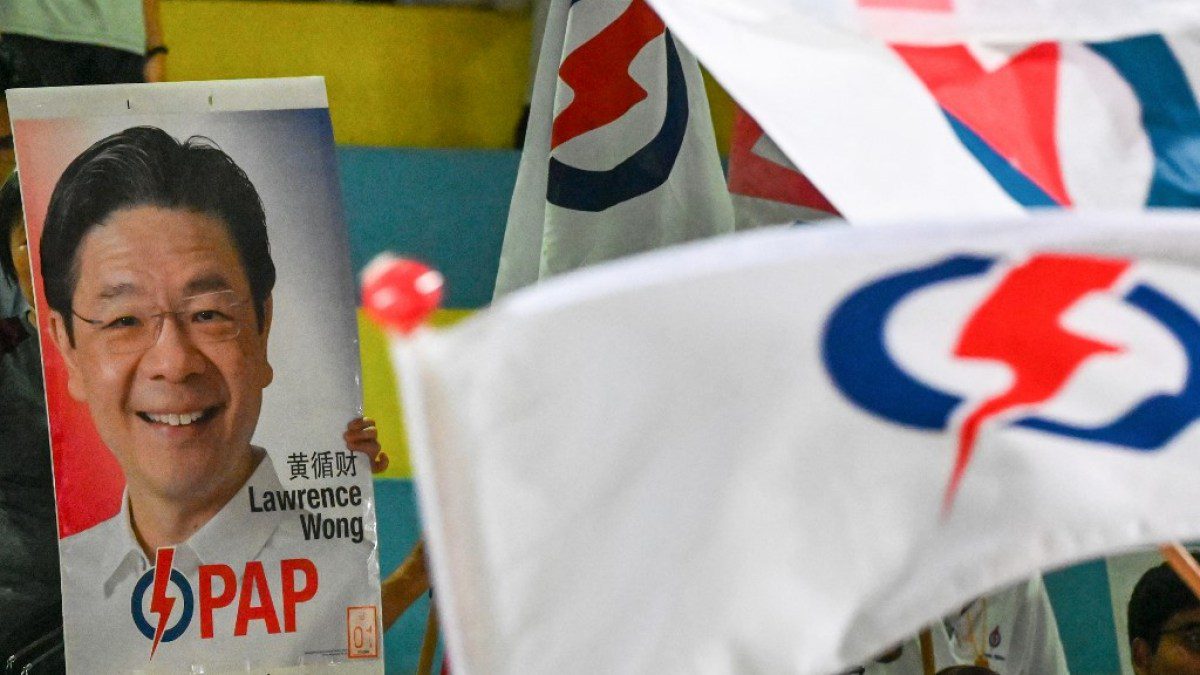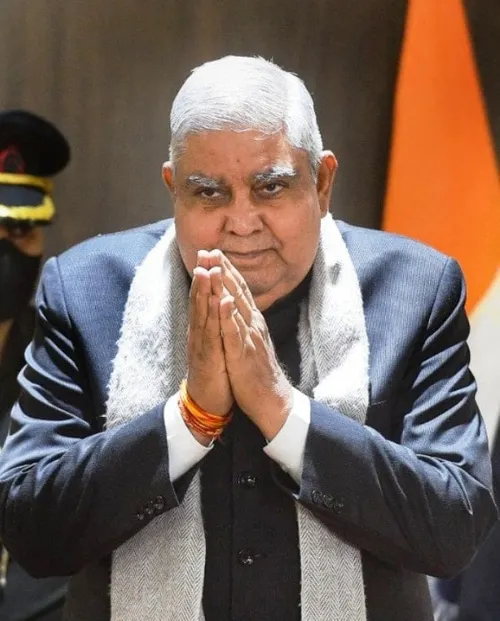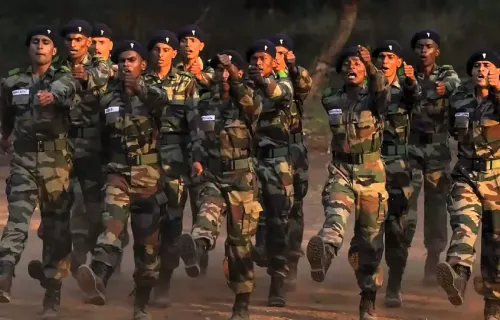The People’s Action Party has been facing a concerted challenge form the Workers’ Party.
Singapore’s long-governing People’s Action Party (PAP) has retained its strong grip on power in the city-state’s general election, extending its 66-year unbroken rule and staving off any gains by the opposition Workers Party (WP).
The Election Department announced the PAP won 87 of 97 seats in parliament after vote counting ended on Saturday, with the WP maintaining its 10 seats.
Although a comfortable win for the PAP was anticipated, the real test lay in how much support it could retain, especially under the leadership of newly appointed Prime Minister Lawrence Wong.
The party’s performance in 2020, when it won just more than 60 percent of the vote, was among its weakest showings since independence in 1965 after seceding from Malaysia.
Wong, who took office last year, campaigned on promises of continuity and new leadership, hoping to shore up support amid growing public concern about surging living costs and housing shortages in one of the world’s priciest locales.
The WP, Singapore’s most credible opposition force, contested 26 seats and is projected to keep the 10 it won in 2020, an unprecedented figure for any opposition party in the city-state.
While the PAP’s rule continues, the WP’s ability to maintain or slightly grow its share signals a shift in political sentiment, particularly among younger voters, according to analysts.
Saturday’s vote marked the first national test for Wong, 52, who succeeded Lee Hsien Loong, son of Singapore’s founding Prime Minister Lee Kuan Yew.
In many races, the PAP’s wins were big, the sample counting showed, with only three of the contests close and within the margin of error.
“It’s not just status quo, it’s also the margin of victory in each of the constituencies, and you can see that the numbers are quite remarkable,” said Mustafa Izzuddin, adjunct senior lecturer at the National University of Singapore, speaking to Reuters.
“That certainly points, at this juncture, to a healthy and strong mandate for the prime minister,” added Izzuddin.
The PAP, in power since before independence in 1965, still benefits from vast institutional reach and resources, while opposition parties struggle with limited coverage and funding.
Government officials had cautioned that losing seats could weaken Singapore’s ability to navigate global economic instability, especially amid ongoing US-China tensions.
Anurag Dhole is a seasoned journalist and content writer with a passion for delivering timely, accurate, and engaging stories. With over 8 years of experience in digital media, she covers a wide range of topics—from breaking news and politics to business insights and cultural trends. Jane's writing style blends clarity with depth, aiming to inform and inspire readers in a fast-paced media landscape. When she’s not chasing stories, she’s likely reading investigative features or exploring local cafés for her next writing spot.






